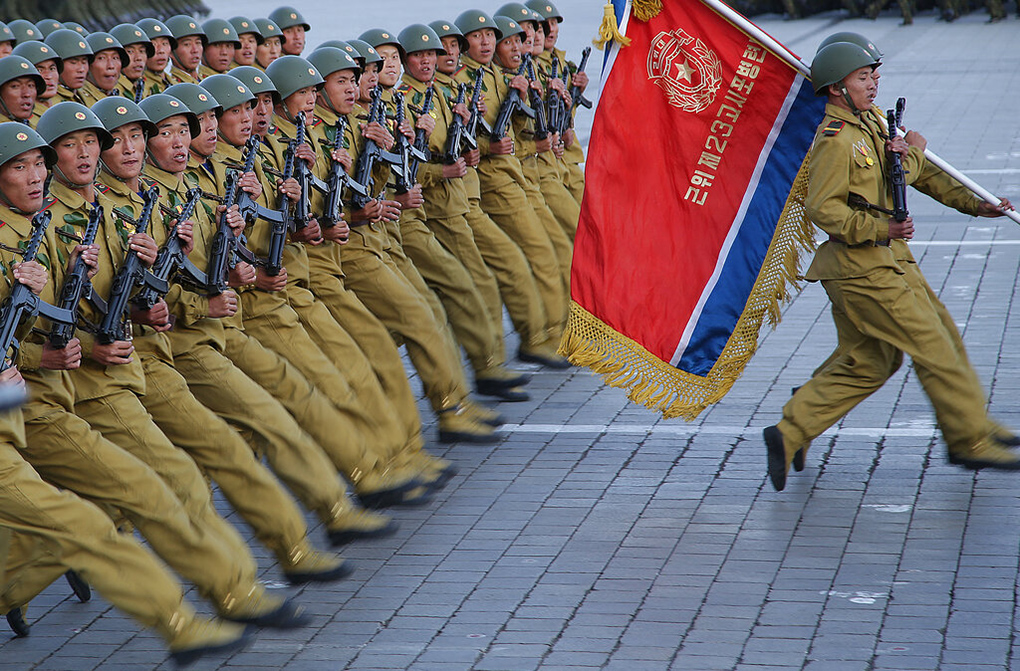Kremlin-North Korea Alliance: What Role Pyongyang Plays in Russia's War

The strategic alliance between Russia and North Korea is strengthening, especially in the context of Russia's war against Ukraine. Relations, which had been “frozen” since the collapse of the USSR, have been revived due to Russia's need for allies.
The Gaze writes about it, referring to the article “Kremlin's Foreign Legion: North Korea's Role in Russia's War and the New Global Divide.”
In June 2024, Vladimir Putin and Kim Jong-un signed a “Treaty on Comprehensive Strategic Partnership.” This document formalizes a military-political alliance that provides for immediate military and other assistance in the event of an armed attack on one of the parties (Article 4). This legitimizes the potential deployment of North Korean troops on Russian territory.
Russia's motivation is access to North Korea's artillery shell arsenals and a new source of manpower. For North Korea, this provides vital resources (food, fuel, financial assistance), weakens sanctions pressure, and provides access to advanced Russian military technology. Russia's veto power in the UN Security Council also undermines the international regime of deterrence against Pyongyang.
The DPRK has deployed between 10,000 and 12,000 of its soldiers in Ukraine. Although they are disciplined, their combat effectiveness is low due to outdated weapons and lack of experience, resulting in significant losses. However, their numbers put additional pressure on Ukrainian forces.
North Korea's direct involvement gives Ukraine a strong argument for criticizing the West's “restrained” response and justifies the urgent need for increased military aid. The alliance is seen as a formal declaration of a new “axis of disorder” that challenges the global order. North Korea's intervention transforms the conflict into a multidimensional global confrontation with long-term implications for global security.
Read more in the article by The Gaze: Kremlin's Foreign Legion: North Korea's Role in Russia's War and the New Global Divide